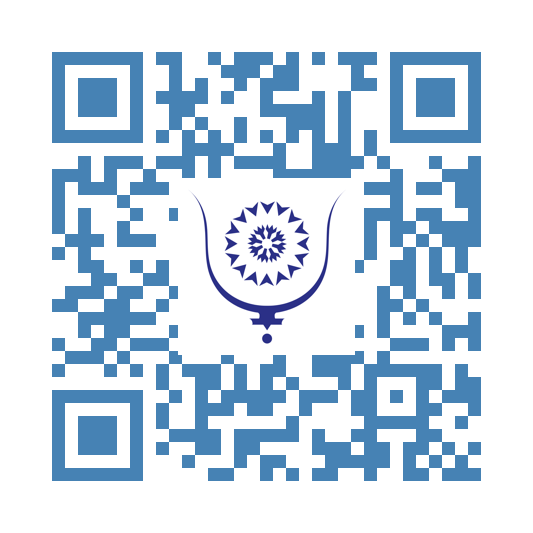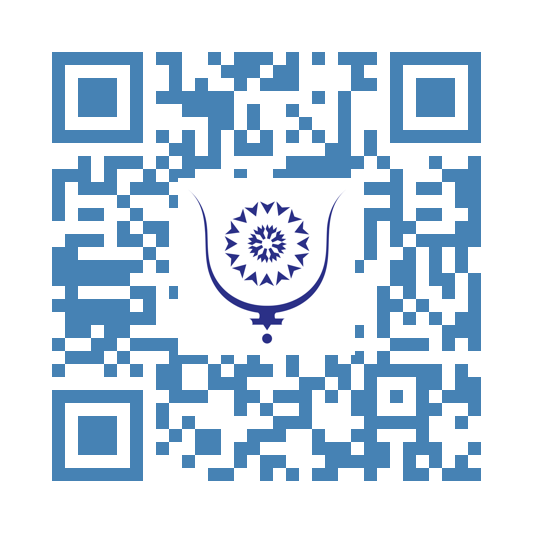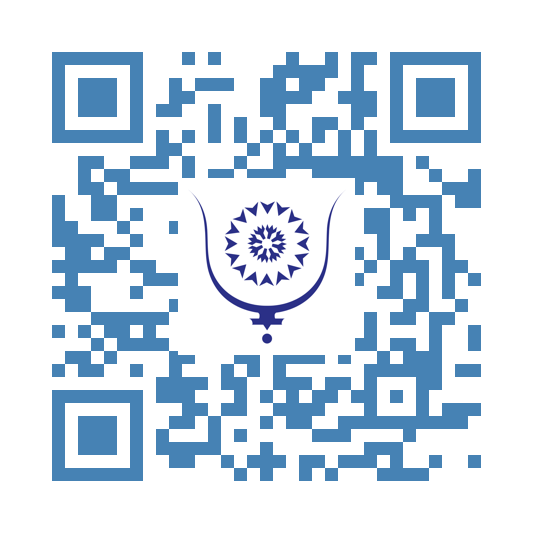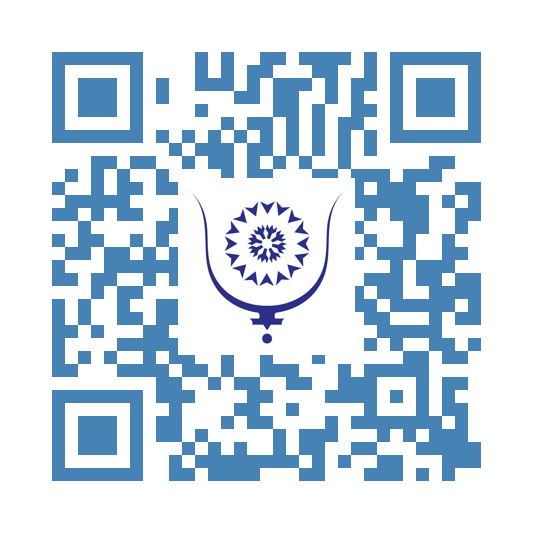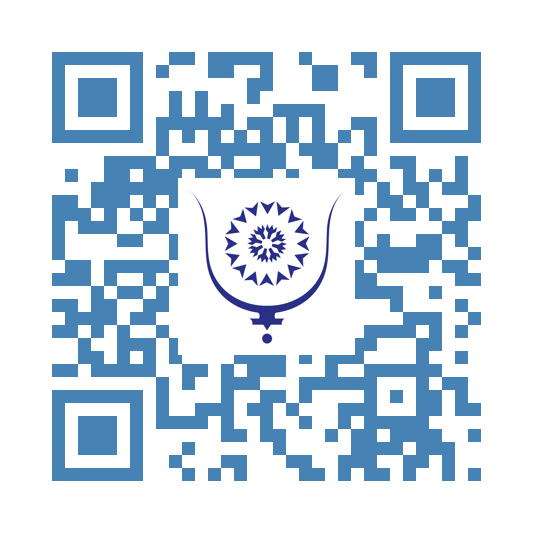6th African Crosscountry Championships, Hammamet Tunisia 25th Feb 2024
6039
Part 1
The 6th African Crosscountry Championships took place in Hammamet, Tunisia on Sunday February 25, 2024.
Only 9 nations took part in these resumption championships after the interruption due to covid.
If the number of participants was not significant, however, the quality was there with the participation of the great African and world cross-country nations.
The golf course was simply extraordinarily beautiful. The number of natural obstacles and the variety of the course made this edition one of the best in African cross country if not the best one ever.
Even the sometimes very strong wind could not prevent the athletes from giving their best, as demonstrated by the quality of the results.
It must be said also, that the perfect organization of the Tunisian federation and the warm welcome, had a lot to do with this great success.
xxxxxxxxxxxxxxxxxxxxx
Individual results
xxxxxxxxxxxxxxxxxxxxx
10 km Male
BIP Name Nat. Time
1. 37 VINCENT KIBET Langat Kenya 00:28:31,28
2. 36 NAIBEI KIPLIMO Mayabei Kenya 00:28:40,27
3. 13 GEMECHU DIDA Diriba Éthiopie 00:28:57,23
4. 116 CHEBET Abel Ouganda 00:29:01,81
5. 41 VINCENT Kimaiyo Kenya 00:29:04,10
6. 15 ADISU NEGASH Wake Éthiopie 00:29:12,34
7. 40 BRIAN KIPTOO Bushendich Kenya 00:29:14,23
8. 12 DINKALEM AYELE Adane Éthiopie 00:29:15,07
9. 38 FREDRICK YEKO Domongole Kenya 00:29:15,31
10. 16 ENYEW NIGAT Tamen Éthiopie 00:29:30,25
11. 121 KIPROTICH Levi Ouganda 00:29:33,88
12. 118 MUTAI Ezekiel Ouganda 00:29:47,20
13. 39 ROBERT KIPROP Koech Kenya 00:30:02,17
14. 79 TORISS Hassan Maroc 00:30:03,19
15. 101 JHINAOUI Mohamed Amine Tunisie 00:30:09,64
16. 4 BENKERDAGH Youcef Algérie 00:30:10,08
17. 17 NYAKOLA Gela Teresa Éthiopie 00:30:28,94
18. 77 AKKAOUI Mustapha Maroc 00:30:32,35
19. 119 CHEPTOEK Elijah Ouganda 00:30:40,12
20. 78 OUTADHA Hicham Maroc 00:30:46,54
21. 76 OUTALHA Mohcine Maroc 00:30:47,42
22. 2 EL HANNACHI Nabil Algérie 00:30:54,00
23. 6 BOUCHICHA Hichem Algérie 00:31:01,00
24. 5 ADOUCHE Youcef Algérie 00:31:03,39
25. 3 GUERINE Ali Algérie 00:31:05,75
26. 81 DARDAR Ayoub Maroc 00:31:17,05
27. 1 OUARGHI Ramdane Algérie 00:31:46,00
28. 102 JRIDI Mohamed Ibrahim Tunisie 00:31:46,79
29. 80 EL ALLAMI Yassine Maroc 00:31:52,18
30. 10 FORTES Silva Artur Jorge Cap-Vert 00:32:38,69
31. 105 ASSADI Makrem Tunisie 00:32:46,16
32. 103 SLIMENI Oussama Tunisie 00:33:20,45
33. 104 SOUISSI Nassim Tunisie 00:34:05,97
34. 100 MAGNAN YANICK Jean-François Seychelles 00:36:08,64
DNF 120 KIPLANGAT Alex Ouganda
DNF 127 ABREHA Moges Tuemay Éthiopie
xxxxxxxxxxxxxxxxxxxxx
10 km wemen
1. 45 CHEPNGENO Cintia Kenya 00:32:31,04
2. 48 NYAMBURA Virginia Kenya 00:32:33,45
3. 19 AZIMERAW Asires Degitu Éthiopie 00:33:03,95
4. 49 MONGARE Gladys Kwamboka Kenya 00:33:10,18
5. 20 DESSIE Genaneh Anchinalu Éthiopie 00:33:25,87
6. 50 CHEBET Caren Kenya 00:33:39,84
7. 46 BEGI BEATRICE Nyaboga Kenya 00:33:50,52
8. 18 ABRAHA Tsige Haileslase Éthiopie 00:34:06,02
9. 21 SEWAGEGN Gelaw Yalga Éthiopie 00:34:06,21
10. 47 TUEI SANGRAFELIS Chebet Kenya 00:34:17,58
11. 128 AZALE Fantaye Belayneh Éthiopie 00:35:08,01
12. 22 DEMILEW ZEMENAY Ayana Éthiopie 00:35:08,89
13. 84 BOUAGGAD Hanane Maroc 00:35:41,14
14. 82 QALLOUJ Hanane Maroc 00:35:58,78
15. 7 BENDEBRAL Malika Algérie 00:36:10,17
16. 86 KAHHAZ Kaoutar Maroc 00:36:28,76
17. 87 AAFIR Fatima Maroc 00:36:37,80
18. 85 ZAHI Hasnae Maroc 00:37:03,40
xxxxxxxxxxxxxxxxxx
8km U20 boys
1. 61 KIPNGETICH Gideon Kenya 00:23:16,34
2. 65 RUTO Joash Kiprotich Kenya 00:23:17,31
3. 60 KIPROTICH Titus Kenya 00:23:18,02
4. 63 MAYWA Simon Kenya 00:23:21,96
5. 35 HAGOS EYOBE Gared Éthiopie 00:23:24,85
6. 62 NGETICH Clinton Kimutai Kenya 00:23:29,78
7. 33 ABDISA FAYISA Gutama Éthiopie 00:23:35,98
8. 32 SEMACHW SEWNET Worku Éthiopie 00:23:46,85
9. 30 SEYOUM BEHARU Regasa Éthiopie 00:24:03,43
10. 34 NIBRET KINDE Mogese Éthiopie 00:24:07,49
11. 64 WANJIRU Joseph Njoroge Kenya 00:24:23,62
12. 93 ERRADOUANI Oussama Maroc 00:24:24,53
13. 31 NEGASA DEKEBA Bikela Éthiopie 00:24:25,49
14. 95 AAOURDOU Ilyas Maroc 00:24:30,05
15. 97 EL MOBARAKY Mohamed Maroc 00:25:18,51
16. 96 AACHOUR Abdelwahed Maroc 00:25:29,73
17. 98 FARIS Ahmed Maroc 00:25:34,78
18. 94 ZOUHAIR Redouane Maroc 00:26:04,02
19. 114 MEJRI Rayene Tunisie 00:26:43,81
20. 112 HIZAOUI Hamza Tunisie 00:27:53,68
21. 111 KHASKHOUSSI Iheb Tunisie 00:28:09,30
22. 122 BEN SALAH Muad Libye 00:29:42,87
23. 123 ABOURAS Asil Amer Mabrouk Libye 00:29:55,78
24. 124 HIBU Abdoussalam Libye 00:31:12,70
25. 99 URANIETIPHANO Paul Seychelles 00:32:01,78
26. 129 MOHAMED RADDOU Mustapha Libye 00:32:42,61
27. 125 BALOUMI Mohamed Libye 00:32:46,08
28. 126 ELGOMATI Omar Libye 00:36:10,17
DNF 113 SETOUTI Mustapha Tunisie 00:21:26,65
DNF 115 DOUZI Omar Tunisie 00:20:35,23
xxxxxxxxxxxxxxxxxxxxxxxx
6km U20 girls
1. 24 DIRIBA ROBE Dida Éthiopie 00:20:59,33
2. 26 ADEMAS YENENESH Shimket Éthiopie 00:21:00,18
3. 28 DAGNAW TINEBEB Asres Éthiopie 00:21:00,56
4. 27 YADETI MEKEDES Alemeshete Éthiopie 00:21:02,16
5. 25 OLEKABA KOKBE Abera Éthiopie 00:21:03,05
6. 56 CHEPKOECH Judy Kenya 00:21:03,68
7. 54 JEPNGETICH Marion Kenya 00:21:05,03
8. 29 ALMAZ YOHANNIS Bude Éthiopie 00:21:07,47
9. 57 WAMBUI Lucy Nduta Kenya 00:21:09,09
10. 58 CHEPKEMOI Sharon Kenya 00:21:11,62
11. 53 CHEPKIRUI Cynthia Kenya 00:21:19,90
12. 55 KEMUNTO Judy Kenya 00:21:58,53
13. 90 IBN ABDEL MATEY Housna Maroc 00:22:04,35
14. 92 EL BOUZI Saida Maroc 00:22:23,40
15. 88 BALI Khadouj Maroc 00:22:23,98
16. 91 IBN ABDEL MATEY Hassana Maroc 00:22:28,69
17. 89 GHIZLANE Hiba Maroc 00:22:54,29
Share:
6th African Crosscountry Championships, Hammamet Tunisia 25th Feb 2024
copy:
https://bluwr.com/p/7947341



